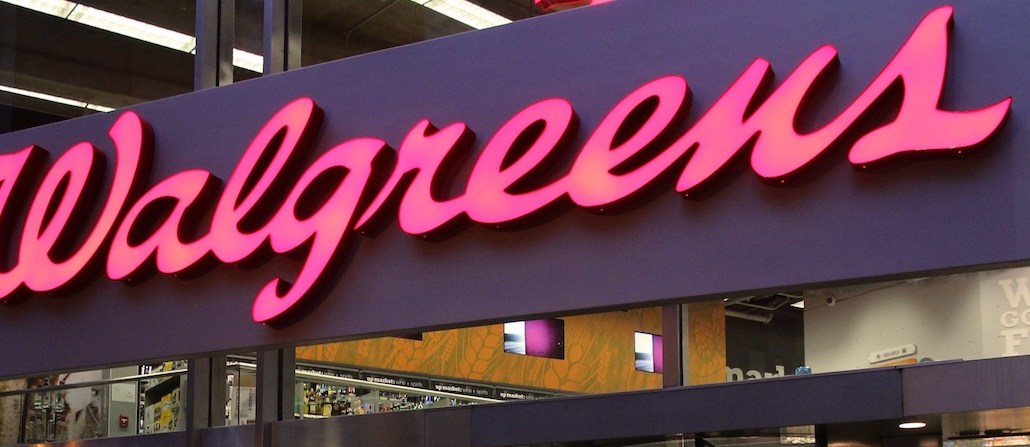
ROI is the biggest headache for brands, judging by conversations happening at the Digiday Brand Summit this week in Deer Valley, Utah.
But Adam Kmiec, who leads mobile, social, content and performance marketing at Walgreens, says the big mistake is most brands are approaching the R in ROI in the wrong way.
“If you say to yourself that everything has to have a return on investment, the general perception of return on investment is a financial return.”
But the return doesn’t have to be financial: It can be, argued Kmiec, the download of an app, or if someone left a review, or if someone provided a feedback.
If Kmiec wants to look at the ROI from a piece of content, for example, it’s not enough to see what he has paid in order to get that piece of content in front of someone to generate an action. You have to look at that cost of creating the content, then other things such as a the routing fees, for example, if a DSP is involved.
Kmiec gave the example of a colleague of his who realized this truth about taking a long view of ROI. There was content the company was putting out that was generating an exponential return precisely because when you add in the cost of creating that content, he would go ROI negative.
“So sure, that one piece of video generated 1,000 clicks with $10 return on each one,” said Kmiec. “Now add in the cost of content, and all of a sudden that goes negative.”
Watch Kmiec’s whole talk, in which he discussed attribution, agencies and why the ad tech industrial complex could very well be the next big Hollywood movie, below.
Image via Tupungato / Shutterstock.com
More in Marketing

WTF are tokens?
When someone sends a prompt or receives a response, the system breaks language into small segments. These fragments are tokens.

AI is changing how retailers select tech partners
The quick rise of artificial intelligence-powered tools has reshaped retailers’ process of selecting technology partners for anything from marketing to supply chain to merchandising.

YouTube’s upmarket TV push still runs on mid-funnel DNA
YouTube is balancing wanting to be premium TV, the short-form powerhouse and a creator economy engine all at once.





